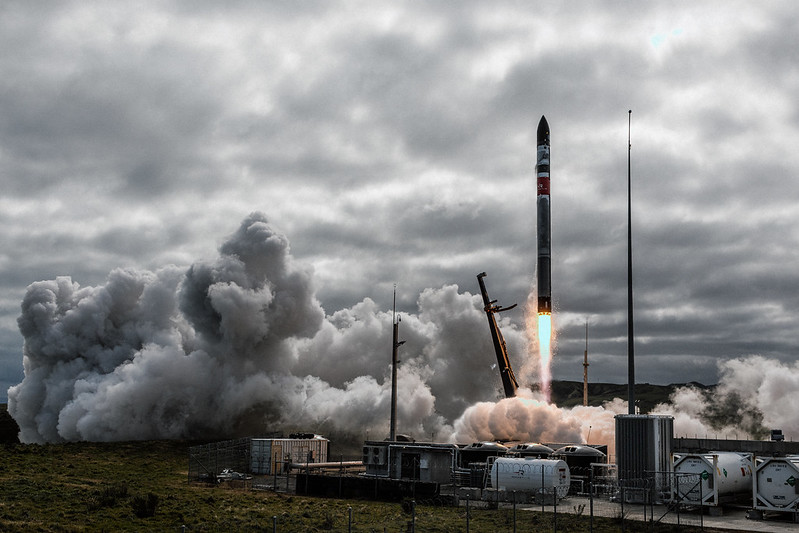Latest News

Rocket Lab’s Electron rocket lifts off the pad at Launch Complex 1 for the Company’s 40th launch on Aug. 24. Photo: Rocket Lab
Rocket Lab launched a previously flown Rutherford engine in a Thursday morning mission from New Zealand, a milestone toward the company’s goal of reusing the entire Electron first stage. Rocket Lab hit this milestone on the company’s 40th mission.
“Congratulations to our team on delivering 40 Electron launches, completing another booster recovery, and proving Rutherford engines can be flown multiple times,” CEO Peter Beck said, marking the milestone. “One mission is an enormous achievement in this industry, but 40 is a rare achievement.”
Beck confirmed via Twitter after the launch that the reused engine performed perfectly.
The Rutherford engine for this mission previously flew in a May 2022 mission, when Rocket Lab tried to use a helicopter to capture it on the return. The pilot then released it for an ocean splashdown. Rocket Lab has since chosen to go with ocean splashdown and recovery as its recovery method.
Rocket Lab recovered the booster after launch as well. The company plans to soon refly an entire first stage booster, “in the coming months.”
Rocket Lab has been working to reuse Electron’s first stage since late 2018, at the end of the company’s first year of orbital launches. SpaceX is the only company that currently flies reused orbital boosters. While SpaceX’s boosters make active landings, the smaller Electron rocket doesn’t have enough room to carry propulsion for a propulsive landing. This has led Rocket Lab to go with the ocean splashdown recovery method.
Rocket Lab previously said about 60 to 70% of its missions will be eligible for recovery.
The mission supported customer Capella Space, launching Capella’s next-generation Acadia satellite for its synthetic aperture radar (SAR) constellation to a 640 km circular Low-Earth Orbit. The mission lifted off at 11:45 a.m. New Zealand standard time on Aug. 24, from Launch Complex 1 on New Zealand’s Mahia Peninsula.
The mission, dubbed ‘We Love the Nightlife,’ was the first of four dedicated launches Capella purchased on the Electron rocket for the second half of this year.
Get the latest Via Satellite news!
Subscribe Now